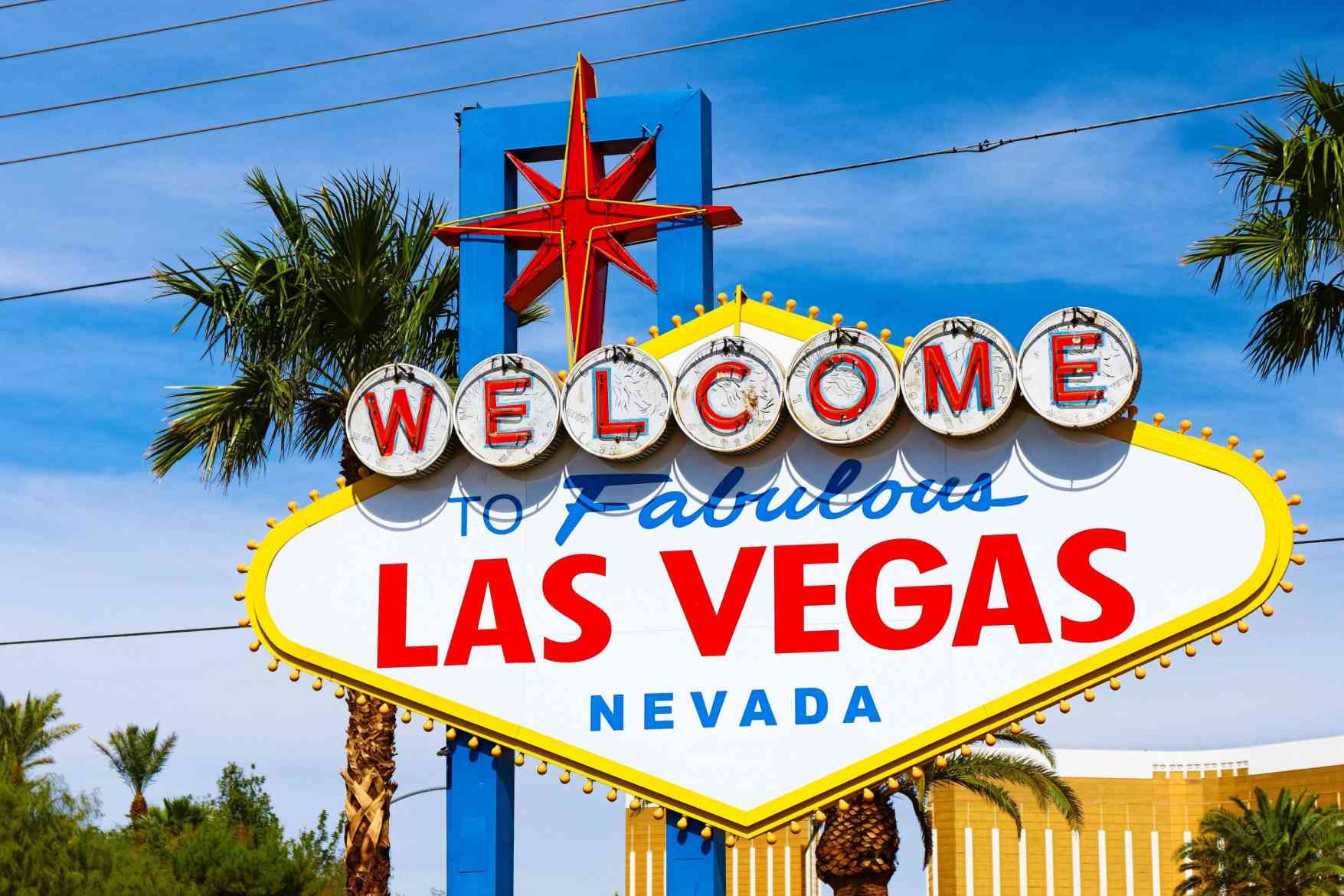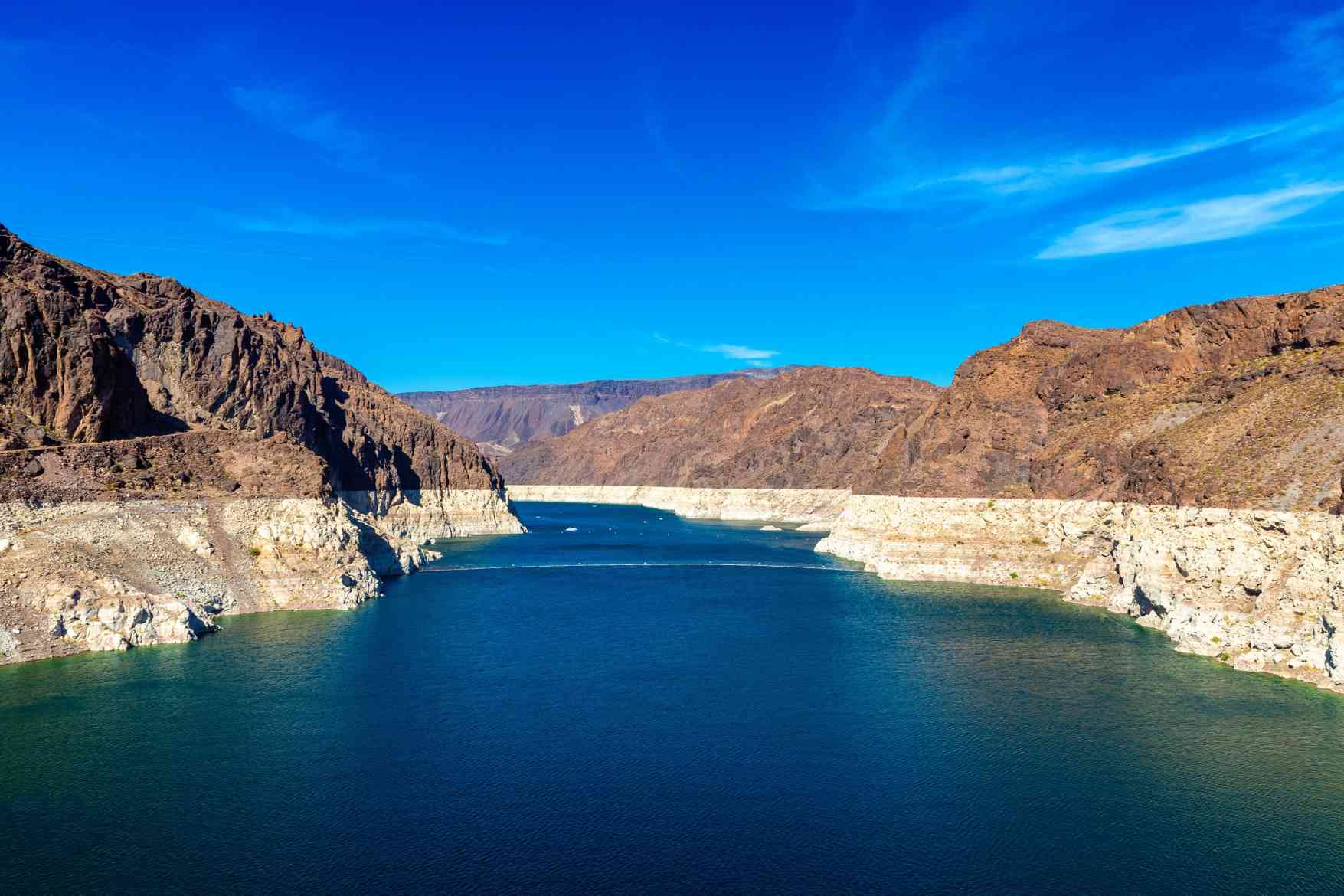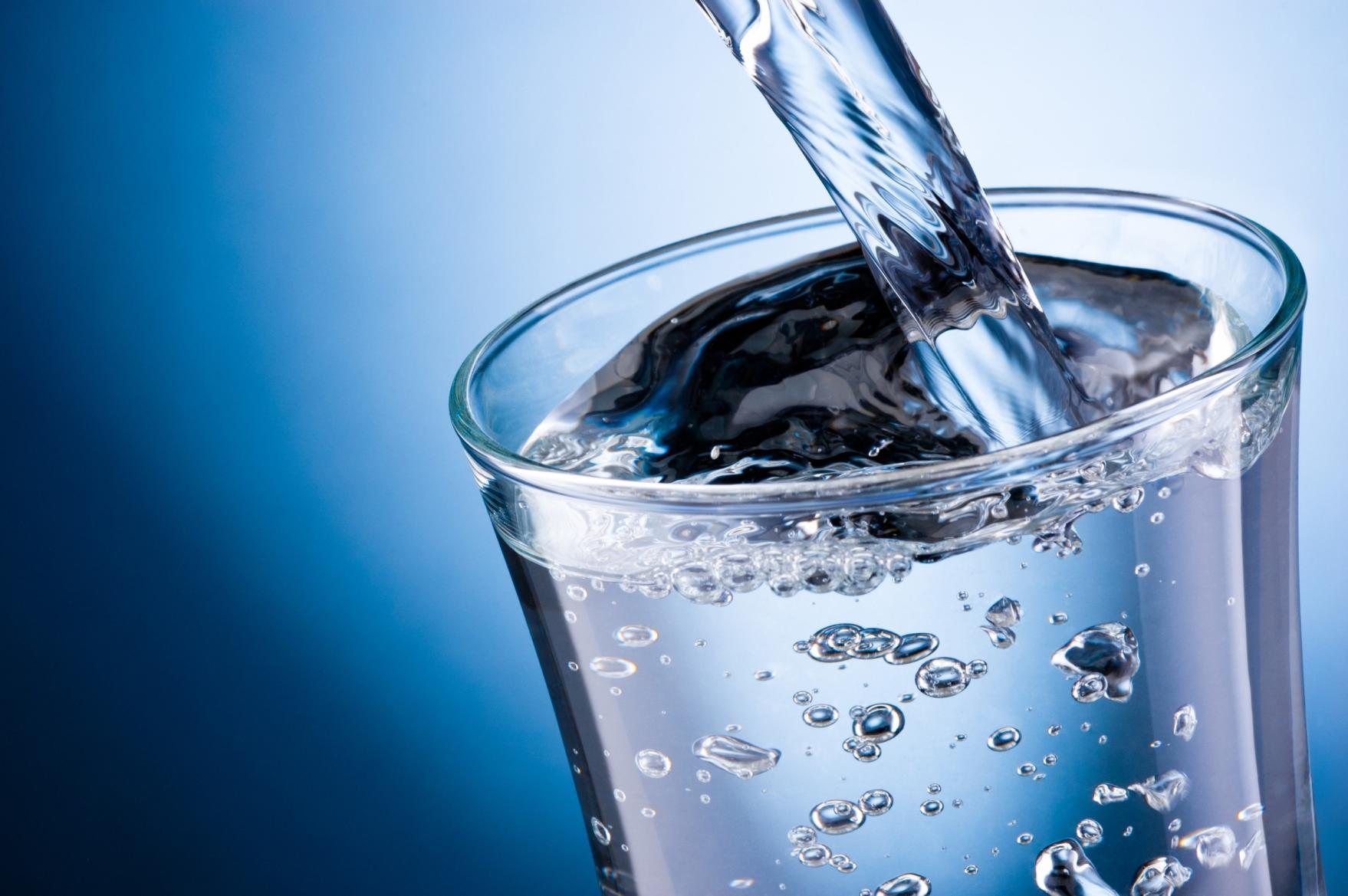The Truth About Nevada's Drinking Water

Safe drinking water is essential to Nevada's health, welfare, and economy. This means that the second an individual opens a drinking water tap, it addresses the close association between public trust and the government's authority to safeguard public health.
This is contrary to many other day-to-day government tasks, as drinking water guidelines meaningfully affect the prosperity of every resident. What happens if water, particularly drinking water, inherently contains contamination problems?
Recently, it has been reported that 23 public water systems in Nevada do not comply with safety standards or guidelines for water contaminants.
Moreover, safety reports from the Nevada Department of Environmental Protection show that three state public water systems surpass the suggested security levels for pollutants, including lead, uranium, arsenic, and coliform bacteria.
The three state water systems that caused the most damage also surpass the EPA's suggested safety level for lead, which is 15 sections for every billion.
Each of the three water frameworks is scrutinized for unsafe drinking water for public consumption.
Here are the following contaminated public water systems:
-
Goodsprings School
Located in Clark County, the Goodspring water system showed lead levels of 16 parts per billion.
-
Fort Churchill Power Plant
The Fort Churchill Power Plant water system in Lyon County showed 16 parts per billion lead levels.
-
Marigold Mine Potable Water System
Located in Humboldt County, the Marigold Mine Water System has a lead level of 50 parts per billion, the highest in Nevada.
This is risky because all the aforementioned water systems provide the public with drinking and filtered water. Consequently, water system authorities have been informed of hazardous drinking water and requested to restore the water supply to safety compliance or face further action.
Although Washoe County's water supply didn't show evidence of dangerous lead levels during testing, it had risky degrees of different impurities.
-
Mount Rose Bowl Homeowners Association
Testing showed unsafe levels of copper in the drinking water: 4.35 milligrams per liter, far above the safe level of 1.3 milligrams per liter.
-
Silver Knolls Mutual Water Company
Testing showed unsafe levels of arsenic in the drinking water, at 11 parts per billion. The safe level for arsenic is ten parts per billion. This water system is one of 10 out of 580 state water systems that tested positive for unsafe arsenic levels.
-
Rosemount Water Company
Testing showed unsafe levels of uranium in the drinking water, at 69 milligrams per liter. The safe level is 30 micrograms per liter. This water system is the only one in the state that tested positive for unsafe uranium levels.
Safe Drinking Water Act: 42 U.S.C. §300f et seq. (1974)

The Safe Drinking Water Act (SDWA) was established to protect the quality of drinking water in the U.S. This law focuses on all waters actually or potentially designed for drinking use, whether from above-ground or underground sources.
-
The Act authorizes E.P.A. to establish minimum standards to protect tap water and requires all owners or operators of public water systems to comply with these primary (health-related) standards.
-
The 1996 amendments to SDWA require that E.P.A. consider a detailed risk and cost assessment and the best available peer-reviewed science when developing these standards.
-
State governments, which can be approved to implement these rules for E.P.A., also encourage attaining secondary standards (nuisance-related).
-
Under the Act, E.P.A. also establishes minimum standards for state programs to protect underground drinking water sources from danger caused by underground fluid injection.
SDWA COMPLIANCE MONITORING
Giving safe drinking water is a partnership that includes E.P.A., the states, tribes, public water systems, and their administrators, as well as guaranteed labs that lead required investigations of drinking water tests gathered by open water frameworks. E.P.A., states, and the tribe's screen consistency under the accompanying Safe Drinking Water Act administrative projects.
-
Public Drinking Water Systems
Public drinking water systems should fulfill health-based government guidelines for impurities, including performing regular monitoring and reporting. The Public Water System Supervision (PWSS) is intended to safeguard public health by guaranteeing drinking water safety.
Moreover, public drinking water systems controlled by E.P.A. and approved states, regions, and tribes give drinking water to ninety percent (90%) of Americans. These public drinking water systems, which might be free or exclusive, serve no less than fifteen (15) help associations or twenty-five (25) people. On a side note, E.P.A. does not manage private, individual-family wells.
The E.P.A. and states' essential method for checking public water system compliance with the SDWA and its guidelines is surveying and assessing the analytical results of water tests gathered by open water systems.
These reports provide the information needed by water systems and controllers to guarantee continuous monitoring of drinking water and meet drinking water standards.
When results show that a foreign substance is available at a level that surpasses the standards, states and the E.P.A. work with public water systems to do whatever it takes to forestall or eliminate the impurities and inform buyers so they can make informed decisions.
-
Underground Injection Control
Underground injection is the process of injecting underground liquids into permeable rock through wells or comparable movement systems.
The Underground Injection Control (U.I.C.) program directs injection wells' development, activity, allowing, and conclusion. It is intended to guarantee that underground injection wells do not jeopardize no-flow and future underground drinking water sources (USDWs).
The E.P.A. and states' essential method for checking U.I.C. compliance with SDWA and its carrying out guidelines is to investigate for consistency with license conditions near U.I.C. offices.
See underground injection control program data for the kinds and motivations behind injection wells and for direction on injection well construction and activity to forestall contamination of underground drinking water resources.
Nevada Division's Drinking Water Standards
Government agencies like the Environmental Protection Agency (EPA) monitor the country's water supply. The EPA screens all open water systems nationwide and implements strict guidelines to guarantee safe water regulation in all states.
Studies finished somewhere in the range of 2013 and 2015 show that 1,400 water systems serving 3.7 million Americans have surpassed the lead safety standard for drinking water at least once.
Moreover, water systems that supply drinking water to general society are expected to perform customary testing to check for dangerous impurity levels and fix them to comply with E.P.A. safety guidelines.
Public drinking water sources are defenseless against contamination, so appropriate treatment is expected to eliminate pollutants that can cause harm. Contamination of drinking water can happen at the source or in the water dispersion system, even after water treatment has been performed.
Numerous things can pollute water sources, including substances and minerals that normally happen, like arsenic, uranium, and radon, as well as compound impurities from using farm feeding activities, manufacturing cycles, manure, and pesticides. The arrival of wastewater from sewer spills additionally debases water supplies.
WATER ENFORCEMENT
Wastewater Management
Under the C.W.A.'s National Pollutant Discharge Elimination System (NPDES) program, E.P.A. regulates discharges of pollutants from municipal and industrial wastewater treatment plants, sewer collection systems, and stormwater discharges from industrial facilities and municipalities. Learn more about the NPDES program.
Pretreatment
E.P.A. enforces requirements to ensure that industries pre-treat pollutants in their wastes to protect local sanitary sewers and wastewater treatment plants. Industrial discharges of metals, oil and grease, and other pollutants can interfere with the operation of local sanitary sewers and wastewater treatment plants, leading to the discharge of untreated or inadequately treated pollutants into local waterways. Learn more about pretreatment.
Stormwater Pollution
This occurs when debris, chemicals, sediment, or other pollutants from industrial, construction, or urban areas get washed into water bodies directly or via storm drains. Uncontrolled stormwater discharges can pose significant threats to public health and the environment. The C.W.A. requires industrial facilities, construction sites, and municipal separate storm sewer systems (MS4s) to have measures to prevent pollution from being discharged with stormwater into nearby waterways. Learn more about stormwater pollution.
ALL ABOUT LAS VEGAS WATER QUALITY

The quality of tap water in Las Vegas has been a disputable subject. The fact of the matter is the water doesn't taste well indeed. However, it's a hundred percent safe to drink, so why is it so? The most recent logical discoveries say that tap water may not be great for a couple of individuals. An issue or medical condition can be due to the water you drink.
First, let's talk about Las Vegas water's main source. In a simple answer, its main source of water is Lake Mead. Water from the Rocky Mountains goes through the Colorado River and arrives at Lake Mead.
Ultimately, tap water is safe and drinkable in Las Vegas. However, you may dislike its taste or like it. If you don't, you should get bottled water if you are in the vicinity, as you will become dehydrated quickly in the Las Vegas Valley.
The Source of Las Vegas Tap Water
Per the Las Vegas Valley Water District (LVVWD), ninety percent (90%) of tap water in Las Vegas comes from the Colorado Stream, starting from the Rocky Mountains. The Mountain range gives water to over twenty-five (25) million Americans in various states.
Moreover, around ten percent (10%) of the city's water comes from groundwater sources. This solution addresses the demand for water in late spring and the hot summer months (June through September).
Furthermore, the authorities report that groundwater supplies twenty-five percent (25%) of the "valley's daily water supplies during the hot season."
Some inhabitants don't depend on municipal water. They are subject to six thousand wells inside the Las Vegas Valley that allow groundwater to be utilized.
The nearby authorities guarantee that the tap water is protected and healthy. Be that as it may, the flavor of water urges individuals to depend on filtered water for use. In any case, the neighborhood authorities ensure the water is protected from drinking.
Las Vegas Water Quality
People get some information about the quality and safety of tap water in Las Vegas. They have heard or tasted the not-awesome taste of water, and the primary inquiry that rings a bell is whether it's safe to drink or what the quality is.
Tap Safe is a dependable source that gives "up-to-date and direct responses" to individuals' inquiries concerning the well-being of drinking tap water in the most famous travel destination. That's what it demonstrates: "Regular water in Las Vegas, Nevada, is viewed as safe to drink." It satisfied the guidelines the U.S. Environmental Protection Agency (EPA) set. However, water is “very hard,” and people might not like the taste.
In the 2020 Las Vegas Valley Water District (LVVWD) report, the 302,000 tests on 56,700 water tests demonstrated that “the levels for the following items were within acceptable standards: radioactive chemical, mineral, and biological contaminants.
The report shows that the water is hard (with 16 grains for each gallon or 269 sections for every million minerals like calcium and magnesium). In any case, hard water represents no risk to individuals.
The report likewise demands that the accompanying gatherings would be careful about drinking hard water: people with weak immune systems, the elderly, infants, those with HIV/AIDS, people undergoing cancer/chemotherapy treatments, and organ donors/recipients.
Las Vegas Tap Water in Hotels
Hotels in Las Vegas offer reasonable types of services. Their quality is great, and individuals appreciate visiting them. The tap water in Las Vegas lodgings is likewise exceptionally hard. However, it's drinkable and safe. Guests dislike the taste. So the inns give filtered water.
If you have a specific illness or sensitivity, buy bottled water instead. Many Las Vegas companies produce top-notch alkaline, spring, and bottled water, which the inns also serve.
Furthermore, the nearby restaurants and casino clubs provide filtered water. Visitors who do not have regular water in Las Vegas can get packaged or alkaline water.
In terms of quality, if the water has enormous pieces of broken-down minerals, it is hard water. The amount of calcium and magnesium in water makes it delicate or hard.
Hard water makes washing troublesome, impacts skin and hair, and influences food flavor.
According to the KNTV report, regular water in Las Vegas is the second hardest in the United States. The Las Vegas Valley Water District (LVVWD) reports that the water is 278 parts per million hard.
In other words, the hardness of tap water in Las Vegas is 16 grains per gallon, which is considered very hard. Furthermore, regular water in Las Vegas contains a lot of calcium and magnesium, two nontoxic minerals that make it exceptionally hard.
THE EFFECTS OF DRINKING HARD WATER
Drinking hard water can dry your skin and hair. If you experience long-term dryness, tapping water's hardness in Las Vegas may be expected.
As the Healthline report indicates, hard water can change the pH level of your skin. Hard water can be unsafe for individuals experiencing dermatitis, also called skin inflammation. This condition makes your skin bothersome and red.
Apart from this, a couple of resources report the impact of hard water on the pulse and coronary illness. The contextual analyses that polished off hard water had more heart issues than the other contextual investigations.
Although the outcomes need further confirmation and investigation, avoiding tap water if you have heart problems is wise.
LAS VEGAS WATER: SAFE OR UNSAFE?

To conclude, Las Vegas water is safe to drink. However, as tap water in Las Vegas is extremely hard, some groups and individuals should be more cautious. This is especially obvious if they utilize the water as long as possible and don't have water conditioners.
NRDC's health program director, Eric Olson, says, “Thousands of other cities and small towns across the country are serving millions of people with water with lead or other contamination problems.”
Based on his comment, the NRDC encourages us to think more about the tap water we drink. Pregnant women and children are particularly vulnerable groups, and they should be more cautious with the water.
Ultimately, having access to clean drinking water is a basic necessity. Therefore, the local tap water should be safe and clean enough for everyone to live harmoniously. To ensure your water is safe, you should get Berkey water filters. They are a pack leader in water purification, using gravity to feed water through a gamut of "Black Berkey Purification Elements."
If you wish to learn more, contact us at (888) 899-3903 and visit our website, theberkey.com, for more information.
← Older Post Newer Post →
